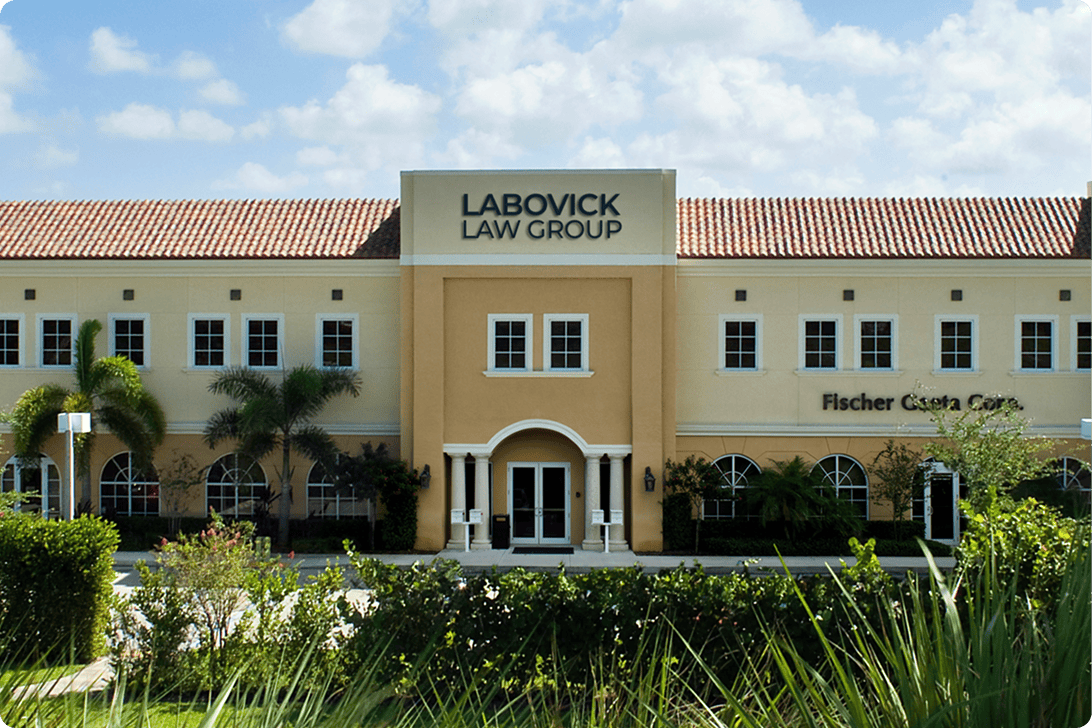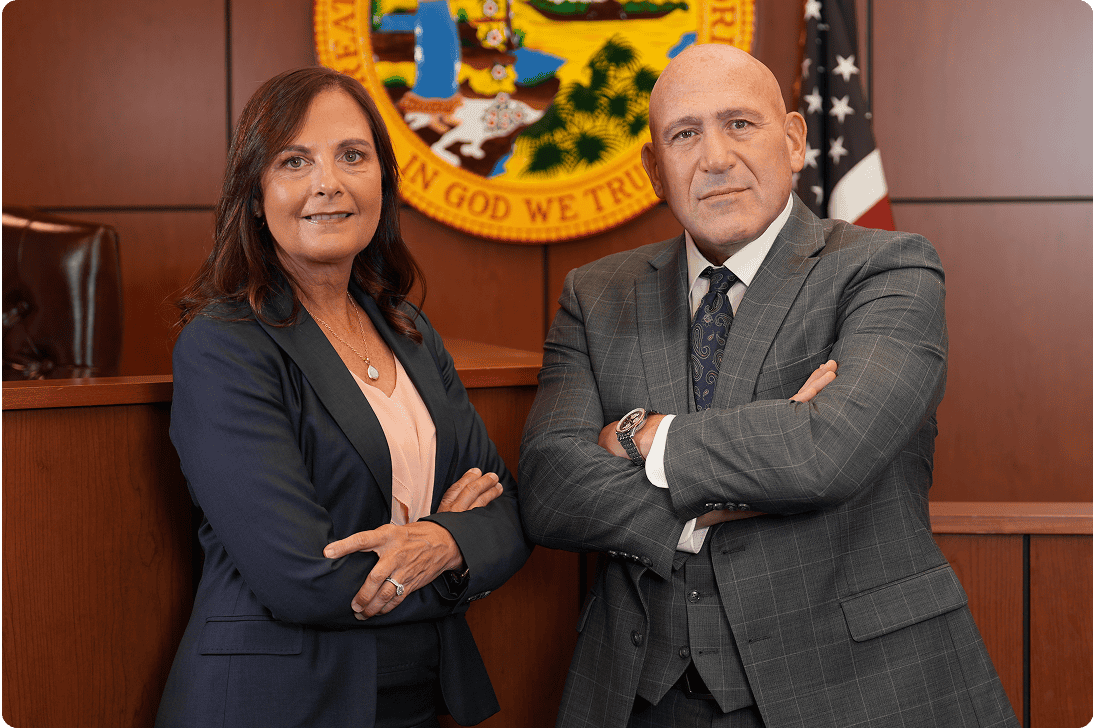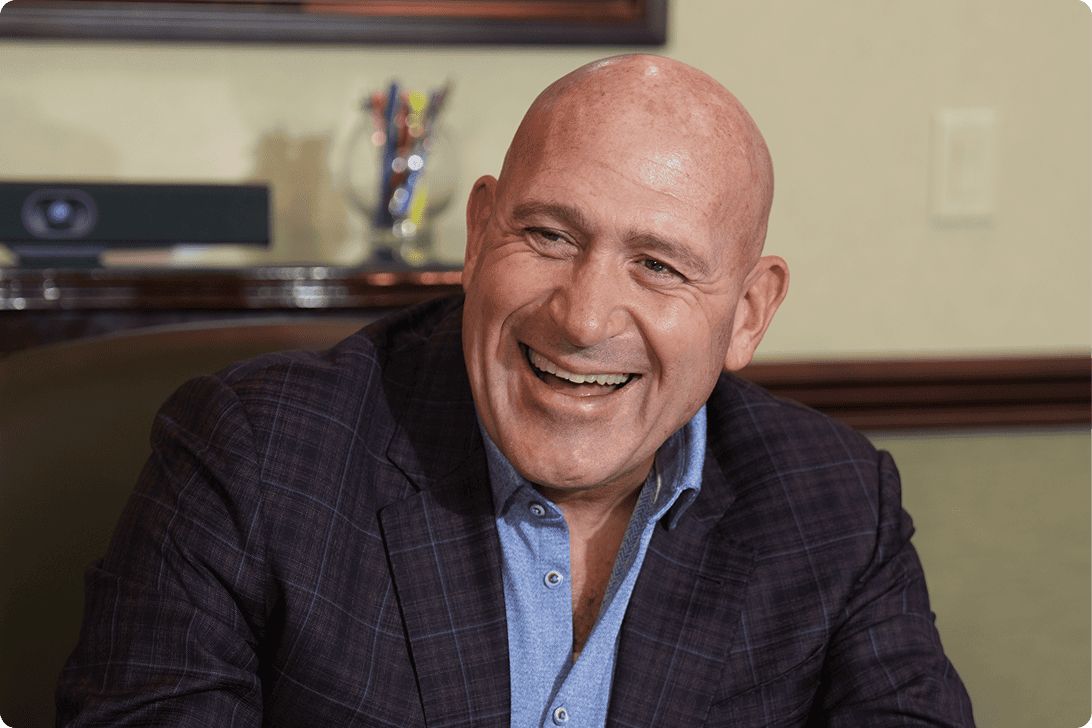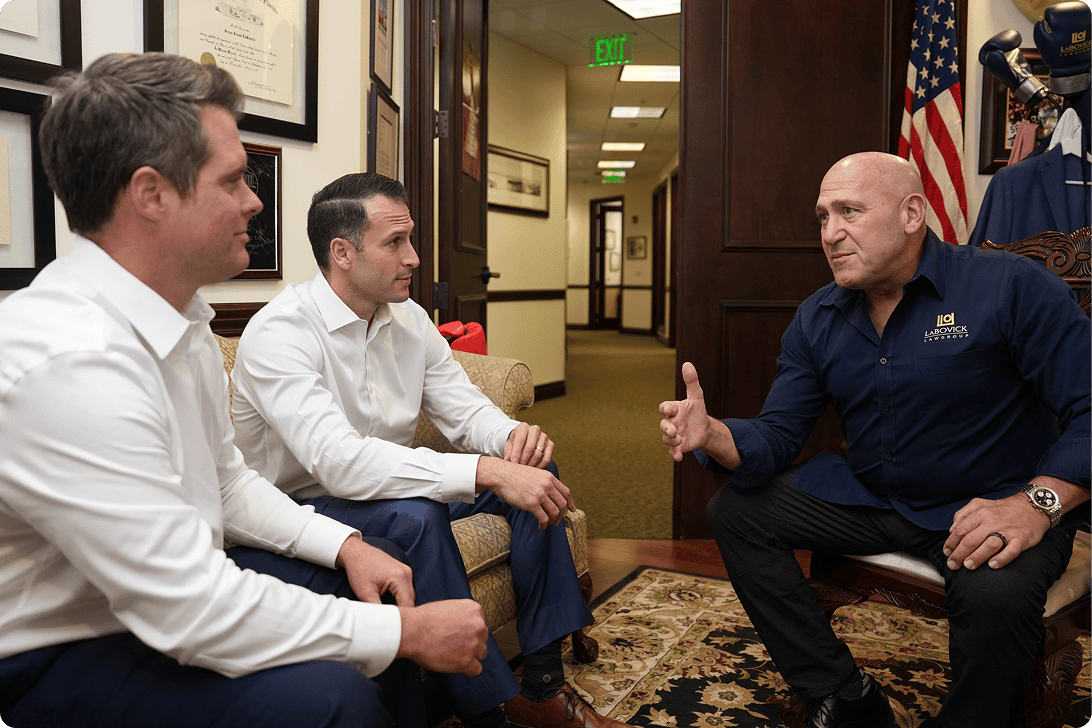What Miami Truck Accident Lawyers See Daily: The Most Common Injuries
Truck accidents are often devastating due to the sheer size and weight of these vehicles. In Miami, such incidents are unfortunately frequent, leading to a wide range of injuries:
- Whiplash: A sudden jerking motion of the head and neck can strain muscles and ligaments, causing severe pain, stiffness, and reduced mobility. While some cases resolve on their own, others require medical intervention such as physical therapy or chiropractic care.
- Broken Bones: The impact of a truck crash can result in fractures in the arms, legs, or other body parts. Severe cases may necessitate surgery and prolonged medical treatment for proper healing.
- Traumatic Brain Injuries (TBI): These occur when the head sustains a sudden impact, leading to symptoms such as headaches, dizziness, confusion, and even loss of consciousness. TBIs can have long-term cognitive and physical consequences, often requiring ongoing medical care.
- Spinal Cord Injuries: Damage to the spinal cord can result in loss of sensation, mobility, and function. These injuries are often life-altering and demand extensive medical treatment and rehabilitation.
- Soft Tissue Injuries: Cuts, bruises, and sprains may seem minor but can cause significant pain and discomfort, requiring medical attention.
If you or a loved one has suffered any of these injuries, consulting a Miami Truck Accident Lawyer is crucial. A skilled attorney will guide you through the legal process, ensuring you receive the compensation you deserve while focusing on your recovery.
Regulations and Laws Governing the Trucking Industry in Miami
The trucking industry is essential to Miami’s economy, transporting goods across the city and beyond. However, stringent federal and state regulations are in place to maintain road safety.
The Federal Motor Carrier Safety Administration (FMCSA) oversees the trucking industry at the federal level. It establishes regulations covering driver qualifications, hours of service, vehicle maintenance, and safety inspections.
In addition to federal laws, Florida enforces its own regulations. For instance, all commercial vehicles must carry a minimum level of liability insurance, and specific weight and size limits apply to trucks on Florida highways.
One of the most crucial federal trucking regulations is the Hours of Service (HOS) rule. This rule restricts the number of consecutive hours a commercial driver can operate a vehicle without rest.
Designed to combat driver fatigue and prevent accidents, the HOS rule limits truckers to 11 hours of driving within a 14-hour workday. Drivers must also take a mandatory 30-minute break after eight consecutive hours of driving.
Another critical regulation mandates regular vehicle maintenance and safety inspections. Trucking companies must ensure their vehicles remain in safe operating condition through routine inspections and timely repairs.
Who Is Involved in a Truck Accident Case in Miami?
Truck accidents occur daily in Miami, and determining liability is key to securing compensation. A skilled Miami Truck Accident Lawyer will investigate all potential liable parties, which may include:
The Truck Driver
Truck drivers are often the primary responsible party in an accident, particularly if negligence such as driving under the influence, distracted driving, or violating traffic laws played a role. Whether they are independent contractors or employed by a trucking company affects liability.
The Trucking Company
If a trucking company failed to maintain its vehicles, properly train drivers, or enforced unrealistic schedules that led to violations, it could be held liable. If the truck driver was an employee acting within their work duties, the company may also be responsible.
Other Drivers or Passengers
In multi-vehicle collisions, other drivers or passengers involved in the crash may also be considered responsible or may seek compensation for their injuries and damages.
Insurance Companies
Both the trucking company and the driver typically carry insurance coverage. Depending on the circumstances, insurance companies may be responsible for covering damages to accident victims.






















